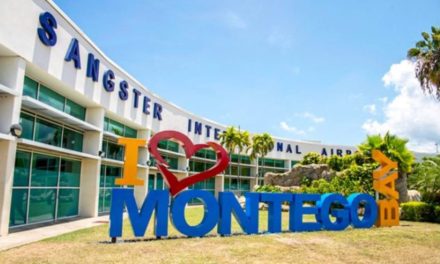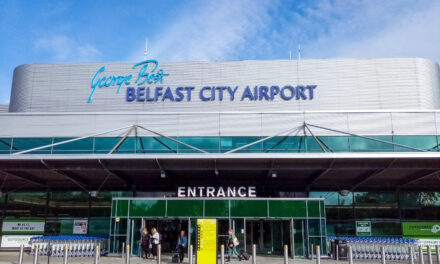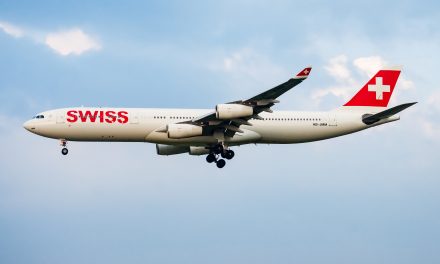In 2026, Italy’s state-owned rail company Ferrovie dello Stato Italiane (FS Group) and Germany’s Deutsche Bahn will collaborate on a new cross-border rail link between Italy and Germany. The two companies will establish two new routes, namely Rome-Munich and Milan-Munich. The high-speed Frecciarossa 1000 train from Trenitalia will operate daily services on these routes.
The train departing from Rome will stop in Florence, Bologna, Verona, Rovereto, Trento, Bolzano, Brennero, Innsbruck, and Munich. The Milan train will halt at Brescia, Verona, Bolzano, Brennero, Innsbruck, and Munich.
Although the rail links to Munich will be launched in 2026, FS Group is considering extending the routes to Berlin.
This new service is one of 10 pilot projects supported by the European Commission to improve cross-border rail links across Europe. Adina Vălean, the European Commissioner for Transport, stated that the rail market must respond more effectively and rapidly to growing demand for green mobility, especially for long and cross-border journeys. The European Commission plans to create new international rail connections to break down borders, both during the day and at night, to assist railway companies.
The European Commission is also supporting new rail links between Lisbon and the Spanish cities of La Coruña and Madrid. Trenitalia and Valencia-based airline Air Nostrum formed a consortium, ILSA, which launched the Iryo brand last November. Spain’s new Iryo high-speed train will operate these services.
These new rail links are part of the European Union’s strategy to encourage people to travel by train rather than by air or road, with the aim of reducing carbon emissions and combating climate change. The EU hopes to increase the use of rail travel for both passengers and goods, with a target of doubling the number of passengers and tripling the amount of freight transported by rail by 2050.
In addition to the environmental benefits, improved cross-border rail links will also bring economic benefits to the countries involved. The new rail links will make it easier for people to travel between Italy, Germany, Spain, and Portugal, which could lead to increased tourism and trade. It will also create new job opportunities in the rail industry, boosting the economies of the countries involved.
The collaboration between FS Group and Deutsche Bahn is a significant step towards achieving the EU’s goal of a more integrated and efficient European rail network. The project will demonstrate the potential for cross-border cooperation and could serve as a model for future rail projects across Europe.
As the demand for sustainable transport options grows, the European Commission’s support for new rail links and infrastructure projects will be crucial. By investing in rail travel, the EU can help to reduce emissions, promote economic growth, and create a more connected and sustainable Europe.










